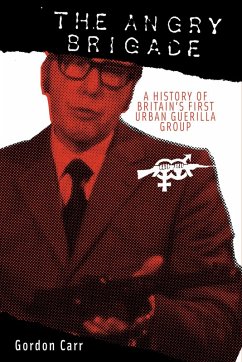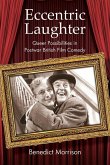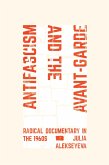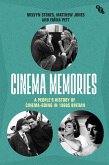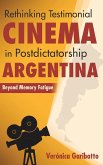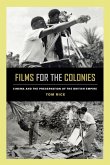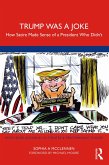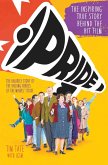"You can't reform profit capitalism and inhumanity. Just kick it till it breaks." - Angry Brigade, communiqué.
Between 1970 and 1972 the Angry Brigade used guns and bombs in a series of symbolic attacks against property. A series of communiqués accompanied the actions, explaining the choice of targets and the Angry Brigade philosophy: autonomous organization and attacks on property alongside other forms of militant working class action. Targets included the embassies of repressive regimes, police stations and army barracks, boutiques and factories, government departments and the homes of Cabinet ministers, the Attorney General and the Commissioner of the Metropolitan Police. These attacks on the homes of senior political figures increased the pressure for results and brought an avalanche of police raids. From the start the police were faced with the difficulty of getting to grips with a section of society they found totally alien. And were they facing an organization-or an idea?
This documentary, produced by Gordon Carr for the BBC (and first shown in January 1973, shortly after the trial), covers the roots of the Angry Brigade in the revolutionary ferment of the 1960s, and follows their campaign and the police investigation to its culmination in the "Stoke Newington 8" conspiracy trial at the Old Bailey-the longest criminal trial in British legal history. Produced after extensive research-among both the libertarian opposition and the police-it remains the essential study of Britain's first urban guerilla group.
Extra: The Persons Unknown (1980, 22 minutes) The so-called "Persons Unknown" case in which members of the Anarchist Black Cross were tried (and later acquitted) at the Old Bailey on charges of "conspiring with persons unknown, at places unknown, to cause explosions and to overthrow society." Featuring interviews and footage of Stuart Christie, Nicholas Walter, Crass and many other UK anarchist activists and propagandists of the time.
Between 1970 and 1972 the Angry Brigade used guns and bombs in a series of symbolic attacks against property. A series of communiqués accompanied the actions, explaining the choice of targets and the Angry Brigade philosophy: autonomous organization and attacks on property alongside other forms of militant working class action. Targets included the embassies of repressive regimes, police stations and army barracks, boutiques and factories, government departments and the homes of Cabinet ministers, the Attorney General and the Commissioner of the Metropolitan Police. These attacks on the homes of senior political figures increased the pressure for results and brought an avalanche of police raids. From the start the police were faced with the difficulty of getting to grips with a section of society they found totally alien. And were they facing an organization-or an idea?
This documentary, produced by Gordon Carr for the BBC (and first shown in January 1973, shortly after the trial), covers the roots of the Angry Brigade in the revolutionary ferment of the 1960s, and follows their campaign and the police investigation to its culmination in the "Stoke Newington 8" conspiracy trial at the Old Bailey-the longest criminal trial in British legal history. Produced after extensive research-among both the libertarian opposition and the police-it remains the essential study of Britain's first urban guerilla group.
Extra: The Persons Unknown (1980, 22 minutes) The so-called "Persons Unknown" case in which members of the Anarchist Black Cross were tried (and later acquitted) at the Old Bailey on charges of "conspiring with persons unknown, at places unknown, to cause explosions and to overthrow society." Featuring interviews and footage of Stuart Christie, Nicholas Walter, Crass and many other UK anarchist activists and propagandists of the time.
Dieser Download kann aus rechtlichen Gründen nur mit Rechnungsadresse in A, D ausgeliefert werden.

